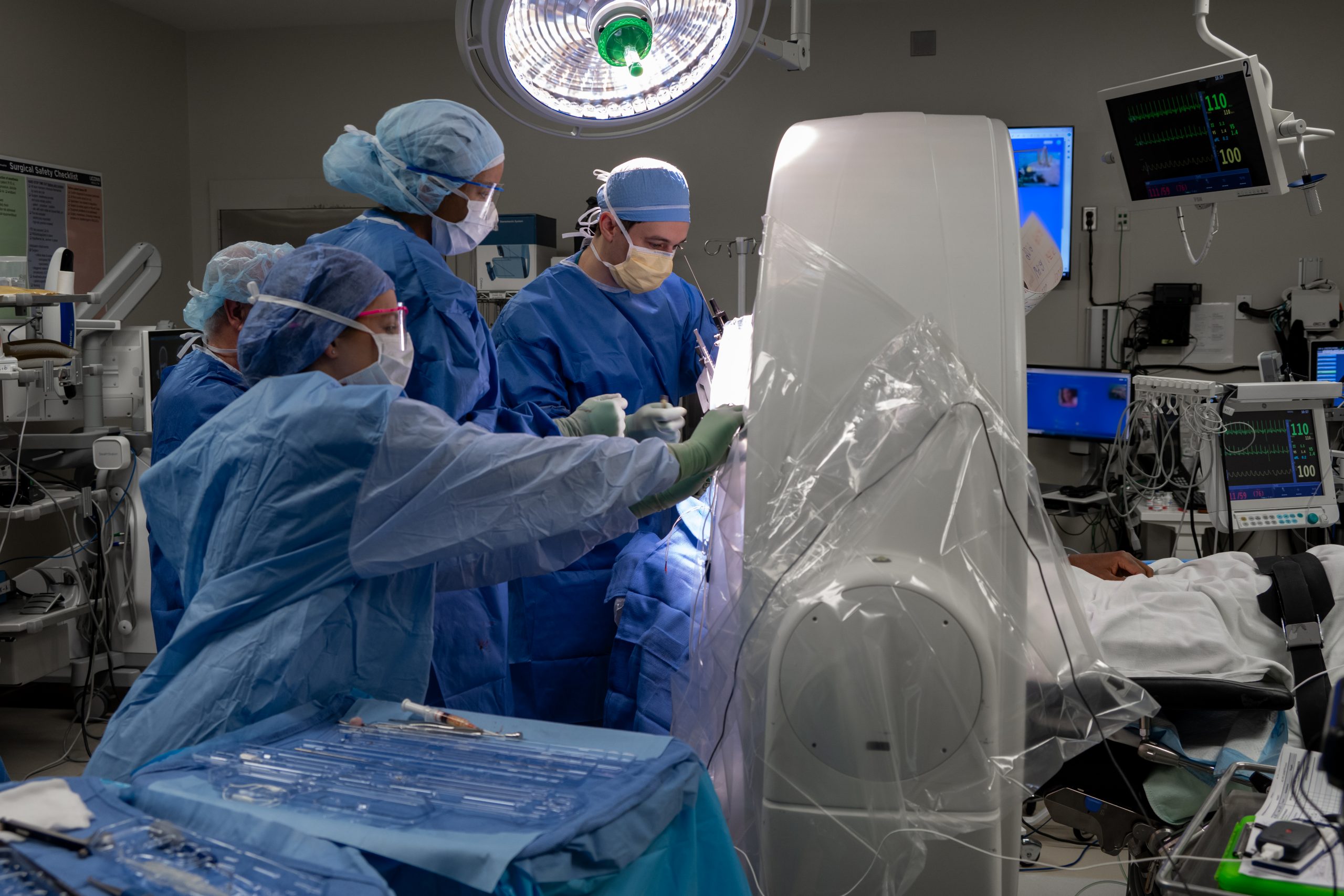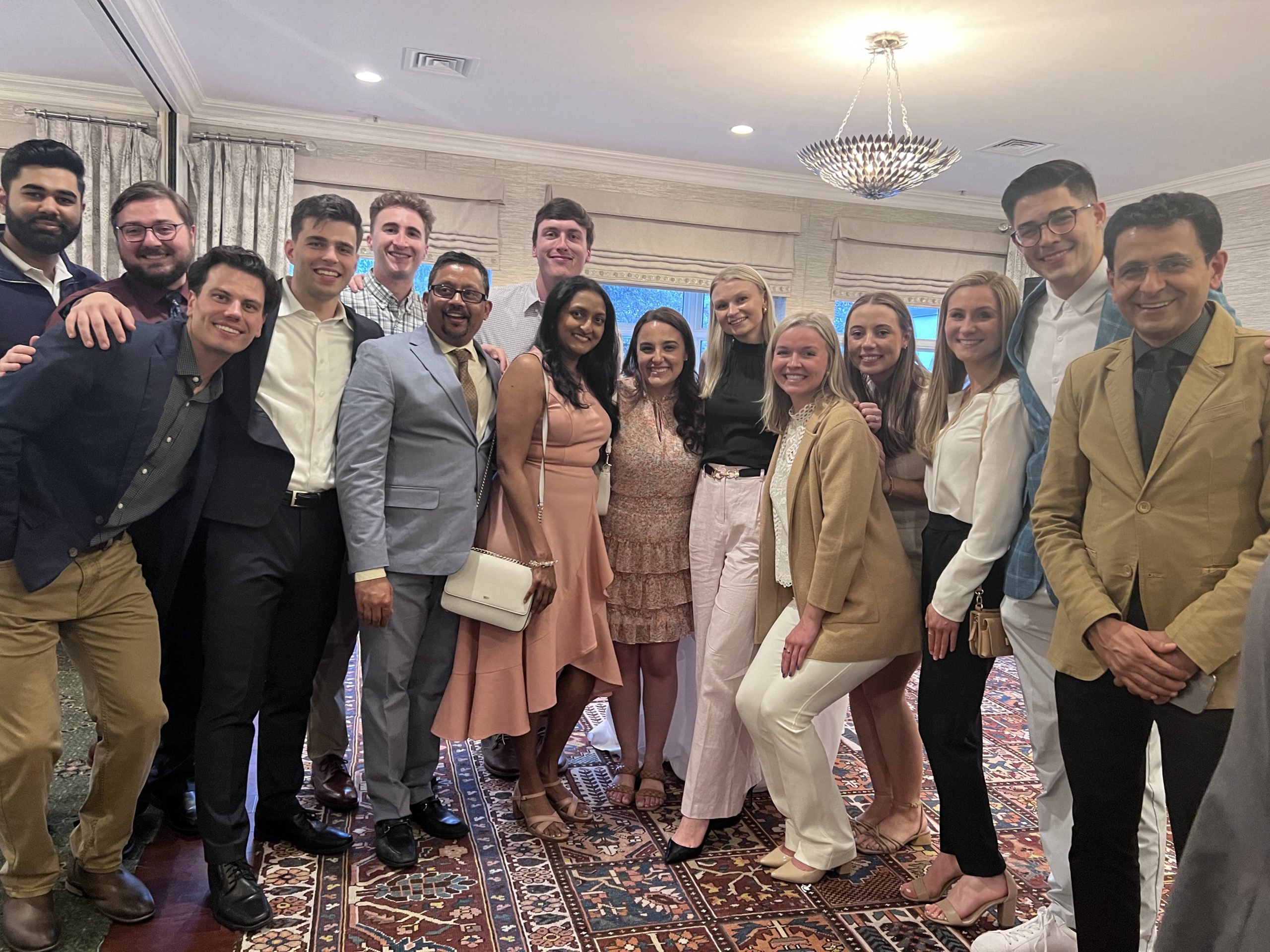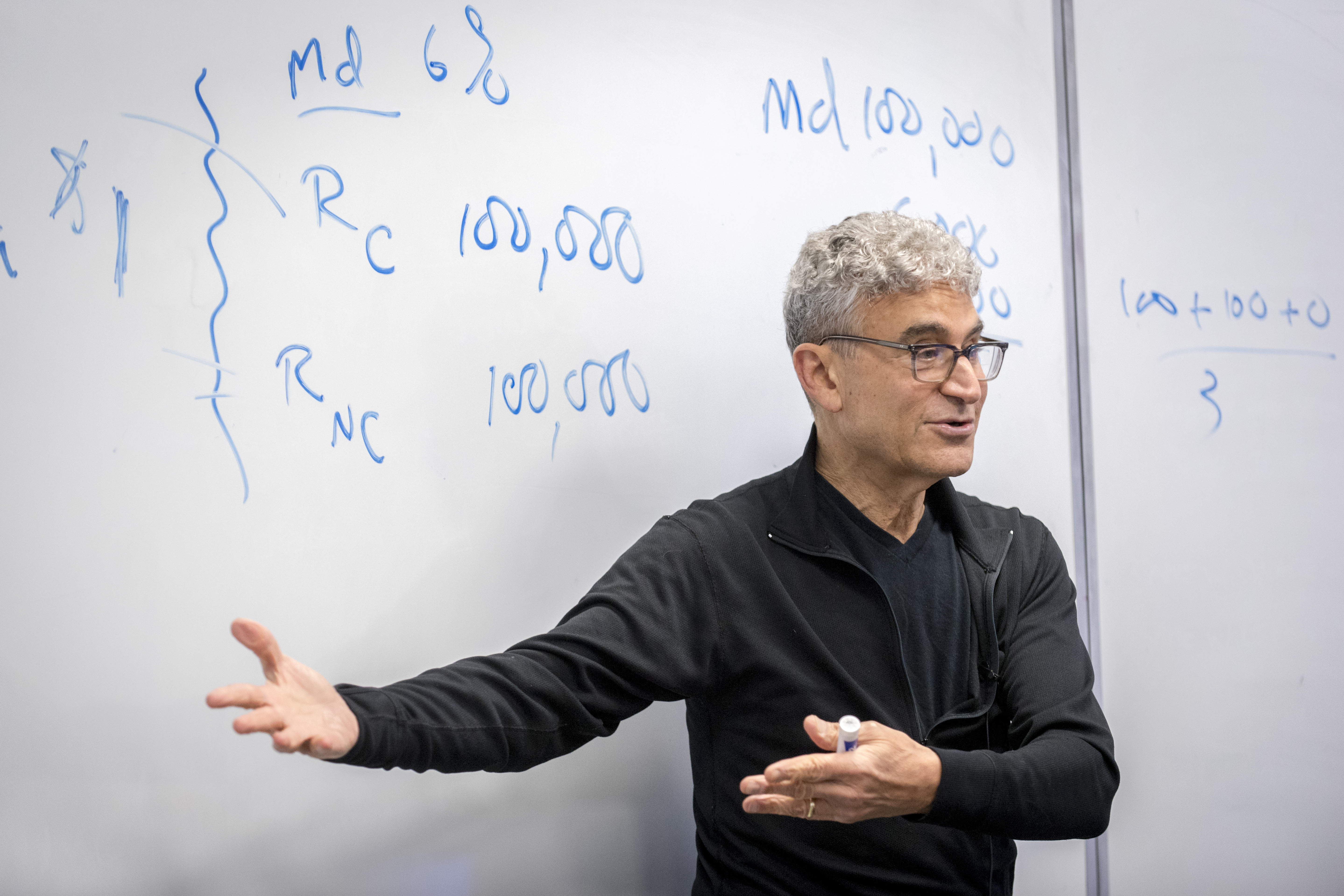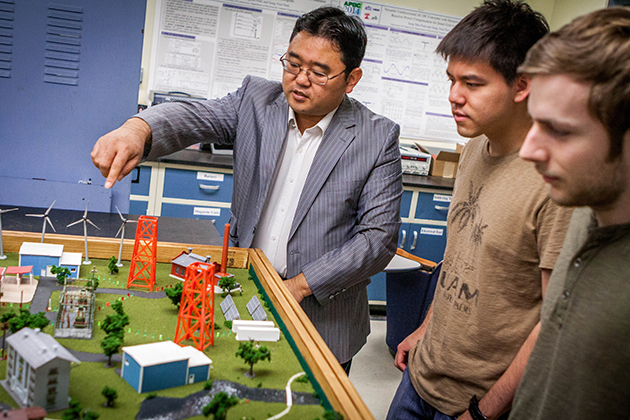
Five junior faculty members have recently won prestigious NSF CAREER awards: Professors Timothy Vadas, Avinash Dongare, Sung Yeul Park, Lan-Hsuan Huang, and Kay Wille. The Faculty Early Career Development (CAREER) Program includes 13 program areas, and awards substantial financial support for a period of five years to a highly competitive group of junior faculty to advance outstanding research, promote excellence in education, and encourage collaboration and cooperation between education and research.
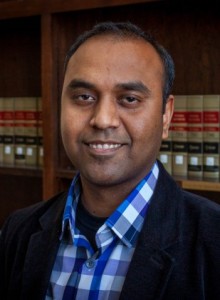
Avinash Dongare, assistant professor, materials science and engineering – whose project titled “Mesoscale Modeling of Defect Structure Evolution in Metallic Materials” contributes to the goals of the Materials Genome Initiative – was awarded support from the NSF Directorate of Engineering’s Civil, Mechanical, and Manufacturing Innovation Division in the amount of $500,000. This project uses computational mechanics to perform virtual analyses of structural metallic materials for use in extreme environments. This information would help advance the development of materials for next generation automotive, aerospace, and defense applications.
Read more about Dongare’s research here.
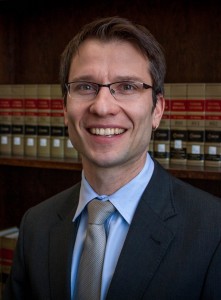
Kay Wille, assistant professor, civil and environmental engineering, also received a $500,000 award from the NSF Civil, Mechanical, and Manufacturing Innovation Division for his project “Understanding Behavior and Properties of Nano-Sized Particles in Cement-Based Materials.” The impact of his research could mean significant improvements in materials used in construction, based on an investigation of the behavior and properties of nano-sized particles in cement-based materials.
Read more about Wille’s research here.
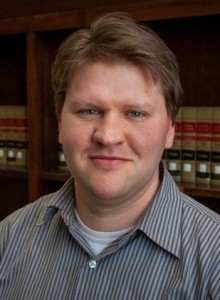
NSF’s Chemical, Bioengineering, Environmental, and Transport Systems division has awarded Timothy Vadas, assistant professor, civil and environmental engineering, $500,000 for his research addressing the increasingly urbanized landscape, as well as the growing negative impact of metals from both stormwater and wastewater effluent on organisms in streams. His project, “Impact of Urbanization on Organic Carbon-Metal Interactions and Trophic Transfer in Streams,” which will assess the interactions of the different metal forms with benthic microbial communities into macroinvertebrate organisms, is expected to help develop more effective management strategies for impaired streams in urban areas.
Read more about Vadas’s research here.
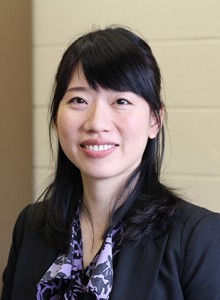
Lan-Hsuan Huang, assistant professor of mathematics, has been awarded $400,648 from NSF’s Division of Mathematical Sciences for her project, “Geometric Problems in General Relativity.” Drawing from Einstein’s theories of relativity and gravitation, Huang’s theoretical research in geometric analysis seeks to better understand what shapes are possible in the universe. In so doing, it would be possible to obtain more accurate calculations of physical properties, such as predicting the mass of stars, planets, and more. Huang also plans to use some of her award to further the geometric analysis program at UConn.
Read more about Huang’s research on UConn Today.
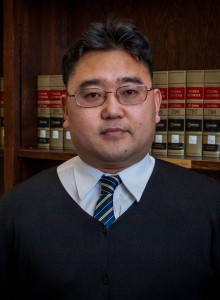
Sung Yeul Park, assistant professor, electrical and computer engineering, received a $500,000 award from the NSF Division of Electrical, Communications, and Cyber Systems for his project, “Enabling Higher-Performance Battery Charging Systems: Adaptive and Optimal Charging Algorithms Based on Dynamic Battery Characteristics.” In his research, Park seeks to improve upon battery charging systems with features such as longer life and greater efficiency for application in electric vehicles, renewable energy storage, and back-up power. Significantly improved performance and affordability of such systems will be possible as a result of this research, which promises a better understanding of high-power battery behavior.
Read more about Park’s research here.
UConn has a total of 22 current CAREER awards, at various stages of their five-year duration. Other Connecticut institutions with current CAREER awards are Wesleyan (3) and Yale (22).

